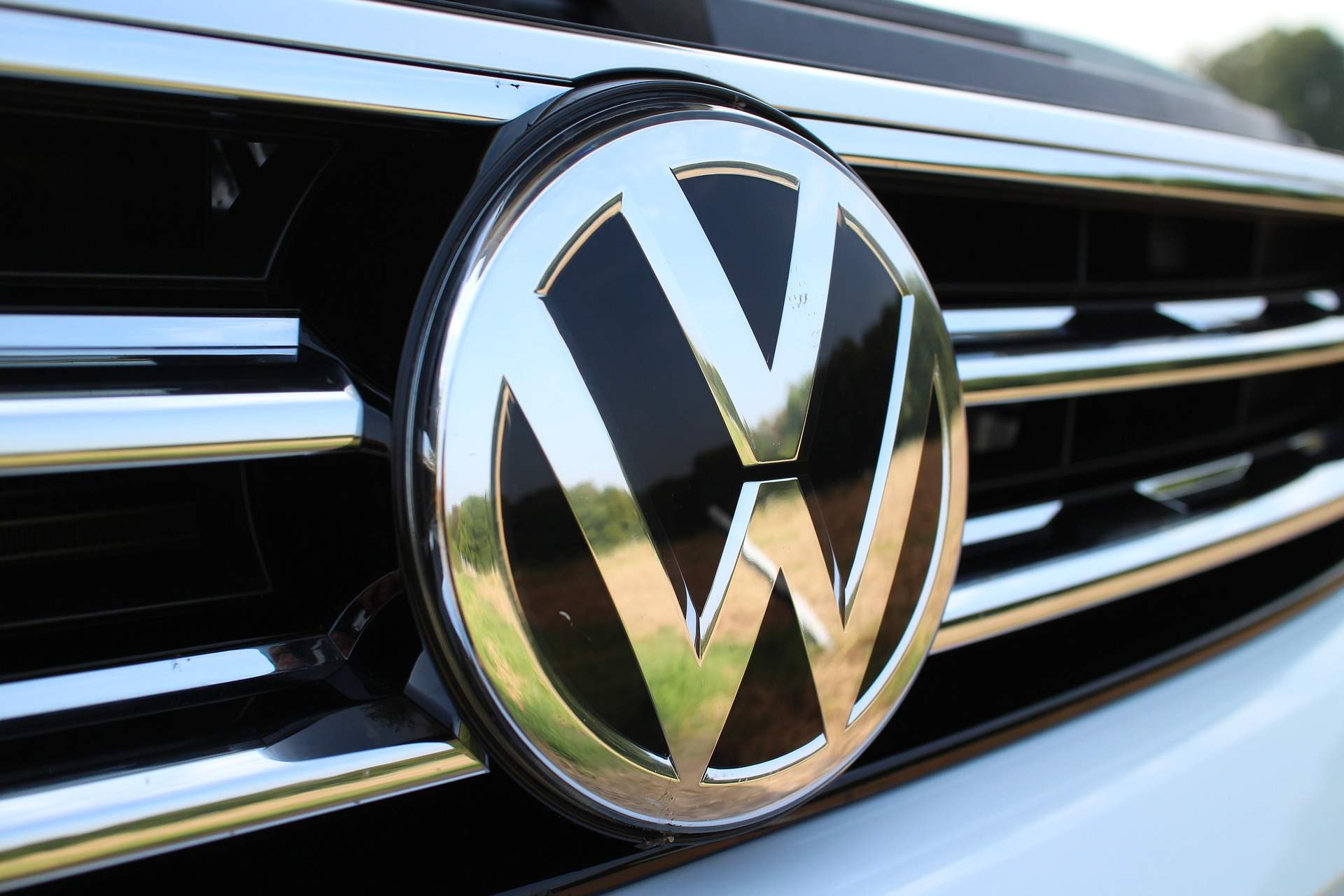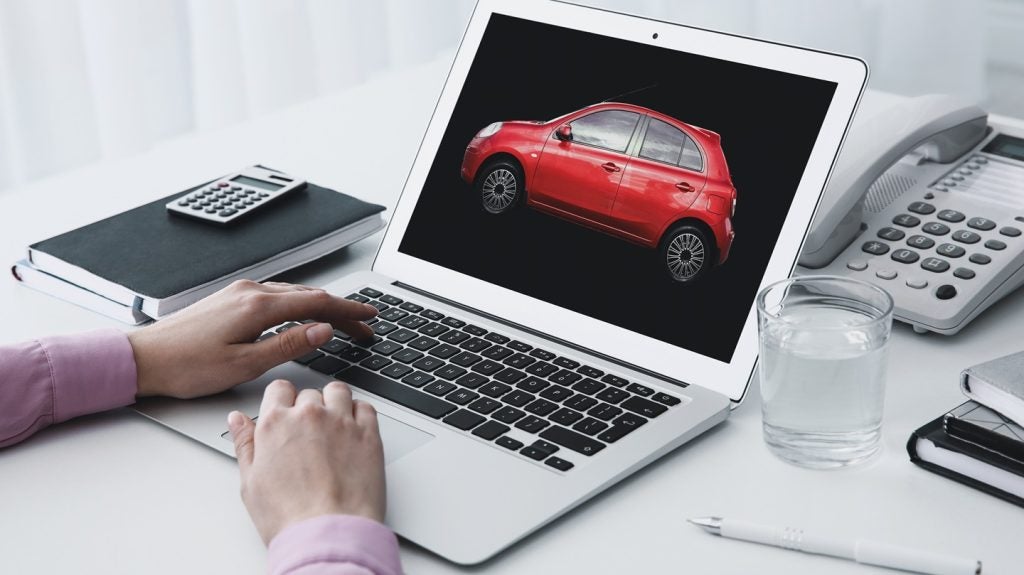
Managers of light commercial vehicle (LCV) fleets can boost efficiency and reduce costs by following six key strategies outlined by Volkswagen Financial Services (VWFS) Fleet. These measures aim to provide critical insights into fleet operations, identify opportunities for improvement, support sustainability goals, and enable long-term cost reductions.

Paul Starkey, Commercial Vehicle Product Manager at VWFS Fleet, highlights the urgency for fleet managers to reassess their operations. “With petrol and diesel pump prices remaining historically high, and fleet operational costs eating into profits, it’s increasingly important for LCV fleet operators to identify efficiencies and opportunities to reduce costs. Additionally, many commercial fleets are beginning to assess their sustainability responsibilities, with the need for eLCVs on the horizon. As a result, balancing budgets, fleet efficiencies and carbon footprints are increasingly important priorities,” he says.
VWFS Fleet’s six strategies for improving LCV fleet performance include:
1. Fleet Rightsizing
A comprehensive analysis of fleet requirements can ensure that LCVs are well-suited to a business’s specific needs and load requirements. This process, known as “rightsizing,” helps to optimise the vehicle stock, improving overall efficiency. VWFS Fleet’s Payload Vanalyser tool can assist operators in selecting the right vehicles for their requirements.
2. Fuel Matters
Fleet reviews should also assess the suitability of different fuel types. As the 2035 ban on new petrol and diesel vehicles approaches, many fleets are exploring electrification. For urban operations, switching to electric LCVs can offer savings on emissions charges and clean air zone fees. Tools such as VWFS Fleet’s eLCV-4-Me can help evaluate the feasibility of integrating electric vehicles into fleets.
3. Funding Options
Understanding funding options is crucial to making cost-effective decisions when acquiring LCVs. Consulting with fleet funding experts can provide tailored solutions to meet specific needs.
How well do you really know your competitors?
Access the most comprehensive Company Profiles on the market, powered by GlobalData. Save hours of research. Gain competitive edge.

Thank you!
Your download email will arrive shortly
Not ready to buy yet? Download a free sample
We are confident about the unique quality of our Company Profiles. However, we want you to make the most beneficial decision for your business, so we offer a free sample that you can download by submitting the below form
By GlobalData4. Route Optimisation
Careful route planning can reduce fuel costs and eliminate inefficient journeys. Telematics systems can track vehicle usage in real-time, identifying unproductive routes and offering insights for optimisation. Better route planning not only saves on fuel but also enhances overall fleet productivity.
5. Managing Downtime
Prioritising routine servicing and maintenance can extend vehicle lifespans, reduce repair costs, and improve safety. Regular checks, such as monitoring tyre pressures, help LCVs operate more efficiently, saving on fuel and avoiding breakdowns.
6. Driver Engagement
Encouraging drivers to adopt fuel-efficient driving habits and adhere to maintenance routines can enhance overall fleet performance. Engaged drivers contribute to a cost-conscious and sustainable fleet.
Starkey concludes: “LCV fleet operators can use a combination of helpful online tools and strategic advice when looking to improve LCV fleet performance and save costs. Fleet reviews, assessing funding options and even promoting helpful driving tips can all add up to make a substantial difference, both in the short term and as LCV fleets transition to an all-electric future in the coming years.”







